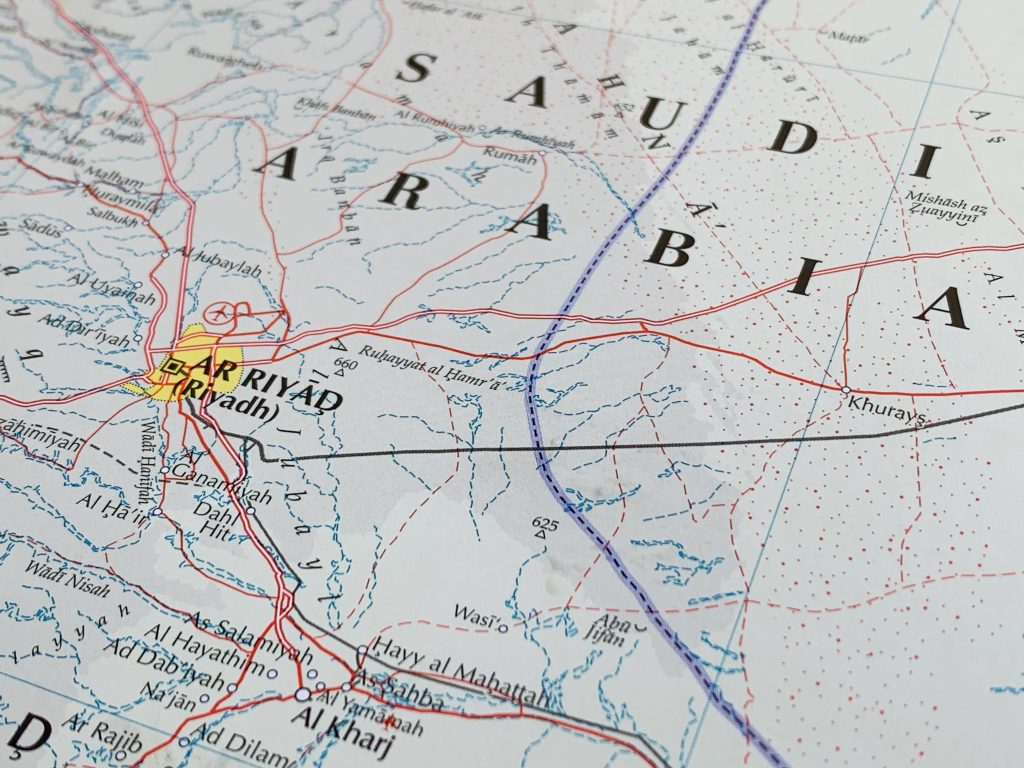Saudi Arabia is intensifying efforts to transform its economy and reduce reliance on oil, as highlighted by Finance Minister Mohammed bin Abdullah Al-Jadaan at the Future Investment Initiative in Riyadh. The ambitious plan, spearheaded by Crown Prince Mohammed bin Salman, aims to boost the private sector, develop new industries, and generate employment.
Al-Jadaan expressed satisfaction with the progress of Saudi Vision 2030 but emphasized the need for continued effort. The $925 billion sovereign wealth fund, PIF, plays a crucial role in this transformation, though it plans to focus more on domestic projects by reducing overseas investments.
Foreign direct investment (FDI) remains vital, with a target of $100 billion by 2030. Despite recent growth, achieving this goal may be challenging. The ongoing dependency on oil, coupled with lower prices, has prompted a review of government spending and prioritization of Vision 2030 projects.
Non-oil GDP now constitutes about 52% of the economy. Human resources and implementation hurdles persist, but the FII continues to attract global financial leaders. Notable developments include the PIF’s investment in Brookfield’s new fund and Riyadh Air’s order of Airbus jets.
Saudi Arabia’s mining sector, a key component of Vision 2030, is advancing, with negotiations for a stake in a Zambian copper mine underway. While regional conflicts influence discussions, Al-Jadaan assures investors of Saudi Arabia’s stability and attractiveness.
